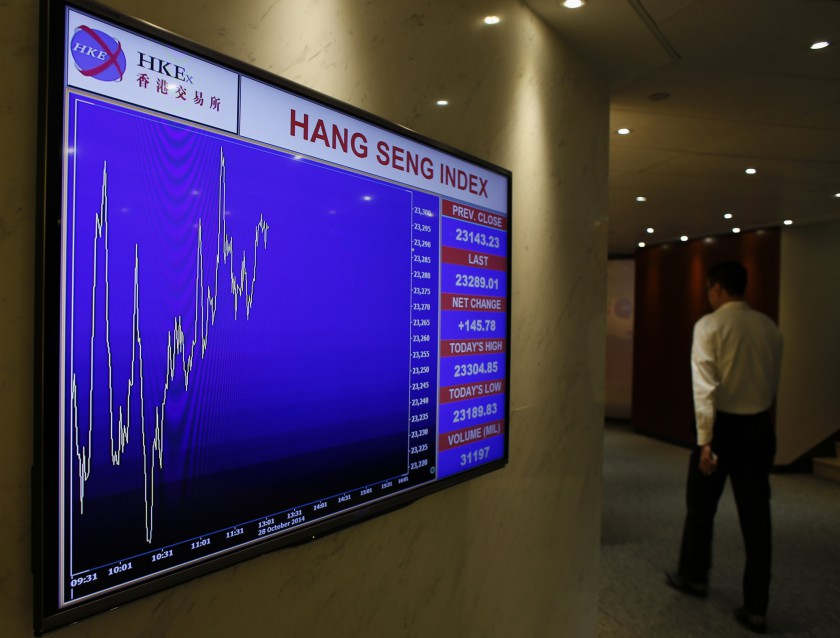WARSAW, Dec 8 — Worries over a resurgence in the coronavirus pandemic drove emerging stock markets lower today after five-day rally, while east European currencies came under pressure over a European Union budget standoff.
The Hungarian forint traded at its weakest level in a week versus the euro, down 0.2 per cent at 361.69 per euro, while the Polish zloty slipped 0.2 per cent.
A senior diplomat said the European Union needs a signal from Warsaw and Budapest that they will drop their veto of the EU budget and recovery fund yesterday or today, or the bloc will have to set it up without the two member states.
Hungarian Foreign Minister Peter Szijjarto said yesterday that both the countries are upholding their veto.
Barring a change in the decision, the EU will look to bypass Hungary and Poland when it comes to the recovery fund, at least until negotiations next year, said Simon Harvey, FX analyst at Monex Europe.
“It’s always a negative for growth outlook and currency markets when fiscal stimulus won’t necessarily be coming.”
Developing world markets enjoyed a strong rally in November on hopes that more economic support and the rollout of coronavirus vaccines will revive economic growth after the pandemic induced a sharp selloff in March.
A basket of emerging market currencies held near its strongest level in more than two years, while stocks slipped from 2018 peak.
China and Hong Kong stocks took a hit as US officials imposed financial sanctions and travel bans on 14 Chinese officials over their alleged role in Beijing’s disqualification last month of elected opposition legislators in Hong Kong.
US investment bank Morgan Stanley said yesterday it was taking “a few chips off the table” after a thundering rally in emerging markets over the last month.
That included closing long positions on South Africa’s rand which has surged 13 per cent since June, tightening stop-losses on Latin American currencies like Brazil’s real and Mexico’s and Colombia’s pesos, and chopping back a bunch of bond bets including in Egypt and Ukraine.
The rand jumped 0.5 per cent after data showed South Africa’s gross domestic product expanded by a stronger-than-expected 66.1 per cent in third quarter following a 51.7 per cent contraction in the second quarter. — Reuters






















